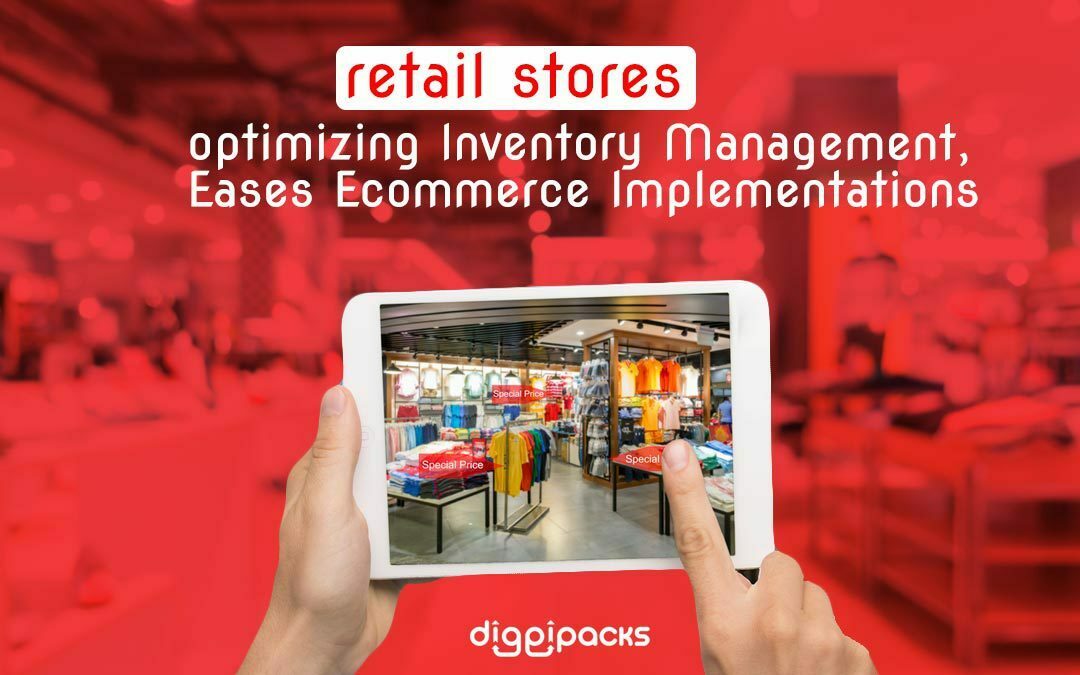Retail trade is a set of business processes that help a buyer to purchase a service or a commodity; In order to use it personally, it also sells services and goods to individuals in the form of certain units, and retail trade has become very popular in the recent period, and there has become a large number of retail stores, and in this article we will talk about what retail trade is and its types of business, and what are Retail Stores And How To Manage Inventory Frictionless.
What is Retail trade?

Retail stores It is a trade that sells goods and products to people in the form of certain units or pieces, at low prices with many offers in front of customers, as huge quantities of products are stored inside specialized Retail stores.
And then retail trade witnessed a spread with itinerant traders, and developments with the emergence of the initial form of commercial markets, retail trade relied on several principles, the most important of which are:
- Bargaining.
- Exchange.
- Commission.
- Direct Shipping.
So we can say that retail trade is the sale of goods to end users, not for resale, but for use and consumption by the buyer.
Retail Stores
Retail stores are defined as stores that sell goods and merchandise in limited quantities suitable for direct consumption by individuals, through special outlets for these stores or by mail.
The suppliers to Retail stores are usually also individuals or companies, so that the owner of the store obtains the goods and products in very large quantities from the producers or wholesalers,
And then begins to sell them in small quantities to customers in order to obtain the largest possible financial profit.
Why are physical stores still more vital for retail stores?
Although e-commerce sales have grown exponentially recently, especially during the Covid-19 pandemic, the proportion of e-commerce in total sales has not exceeded 15%. and you can increase this percentage through e-commerce services
This means that approximately 85% of retail sales occur through physical stores, which prompt merchants to continue their investments in Physical stores, and the following are the most prominent of those reasons:
1. Physical stores can reduce the cost of return
In fact, physical stores help reduce return costs more than what online stores can provide, as the return of products purchased from physical stores is lower compared to those purchased online.
The reason behind this is that in physical stores they inspect the product well before buying it, but in the case of online purchase, the buyer is not able to inspect and verify the product until after purchasing it and reaching it.
2. You can use stores as part of your supply chain
By using physical stores as warehouses, retailers can generate significant savings, helping to support and enhance their Supply Chain Resilience.
This is in contrast to online stores, which can lead to reduced profit margins due to logistics costs getting out of control at times. Diggipacks offers you logistics 3pl. to avoid logistical costs out of control
Types of Retail Businesses

There are many stores that adopt and use the retail system in their business, and that are concerned with providing products to consumers, the following are the types of retail business:
- Supermarkets: They are stores that sell a wide range of products divided according to specific branches, such as household appliances and clothes.
- Grocery Stores: The supermarket contains a range of food and miscellaneous goods.
- Specialized stores: They are stores specialized in selling a specific type of products and goods, such as selling clothes only.
- Discount Retail: Selling multiple products and merchandise of various brands at prices below retail.
- Convenient retail: for example selling fuel to customers and providing a service for filling it into their vehicles.
- Mobile retail: It is the marketing and promotion of products by phone.
- Online Retail: Marketing of products via trusted websites.
- Retailers: Most retailers have multiple stores; In order to save and store huge quantities of products to be sold.
Frictionless Inventory Management
After the Covid-19 pandemic, buyers are looking for a way to make them shop without friction, and here the use of electronic stores has become more common than in the past,
And Frictionless Inventory Management systems help to achieve this, and these systems help in improving inventory significantly.
